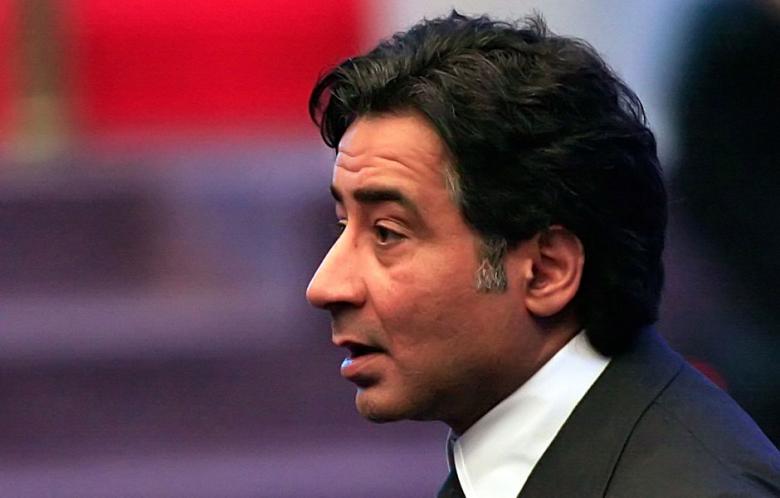CAIRO: Middle East governments should focus on local as well as regional cooperation to handle emerging diseases and reach effective control strategies, health experts said.
Experts participating in the Emerging Zoonotic Diseases Conference in Cairo said that health officials need to coordinate with the media to avoid public panic and help control the spread of diseases.
Zoonotic diseases are new infections transmitted between animals and humans or diseases that have developed and become more severe, including H1N1 and H5N1 viruses.
Participants attributed the extension and acceleration of zoonotic diseases to the growth of human and livestock populations, easy modern transportation, ecologic and environmental changes, uncontrolled urbanization and environmental pollution.
The conference, that took place on Oct. 15-17 for the first time in Egypt, was under the sponsorship of Zagazig University and the International Society of Chemotherapy (ISC) organization, with the participation of more than 165 scientists from the different medical fields.
Sixty-one percent of all infections are crossing the border from animals to humans and Egypt is on the belt of Zoonotic diseases, Kurt Naber, chairman of the organizing committee and former president of ISC, told Daily News Egypt.
We have learned that these infections aren t limited to one country and the world is getting closer and closer, cooperation between all international and national institutions is the key solution to this problem, he added.
Ali Mafi, technical officer at the World Health Organization s (WHO) regional office, said that the region suffers from weak health systems in terms of access and performance, lack of inter-sector collaboration, lack of health literacy, and behavior of the public.
There must be some sort of interdisciplinary collaboration between small and large communities and the government; we also need to initiate, strengthen, promote and implement adequate infection control practices in health care settings, Mafi said.
Participants recommended strengthening Zoonotic disease surveillance and response by expanding and creating programs, networks and surveillance systems that enable health authorities to identify and respond to emerging diseases.
Darem Tabaa, professor of veterinary public health at Al Baath University in Syria, said that until now, health officials in Arab countries still don t know how to coordinate information with the media.
Journalists now are more important than physicians in controlling epidemics and diseases, so they must be treated as a friend to health authorities not a secondary element, he said.
The media, on the other hand, has failed to present comprehensive and correct health information to the public; we are in need of specialized and trained health media the same way as in arts and politics, Tabaa added.
The conference also tackled the problems of bio-security and procedures that need to be taken.
Most of the world is in a bad shape regarding bio-security; they understand the problem but don’t understand the solutions and how everything should work together, said Brian Nordmann, director of Biological Weapons Affairs office at US department of state.
The first step for Egypt is to create awareness; that is to know what the problem is and what its scope is. Publishing stories about new cases everyday doesn t address the issue, he added.
According to Nordmann, the media should get the message of health officials and laboratories personnel without putting obstacles in its way such as exaggeration and using scare tactics.

